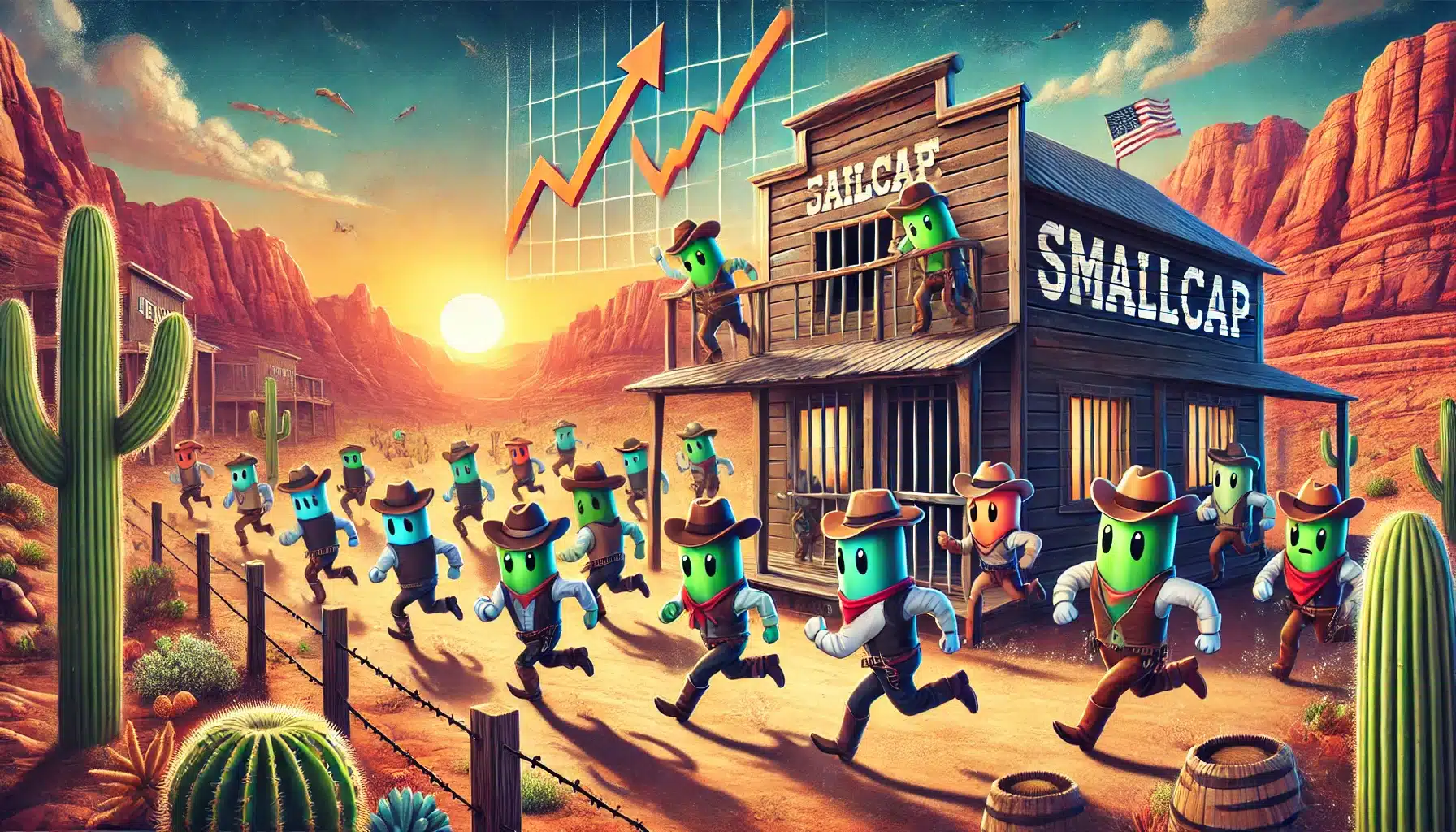
 Are the markets more irrational and harder to predict than they were in the past? American economist and Nobel laureate Robert Shiller thinks so and he’s one to know, having literally written the book on Irrational Exuberance and the stock market.
Are the markets more irrational and harder to predict than they were in the past? American economist and Nobel laureate Robert Shiller thinks so and he’s one to know, having literally written the book on Irrational Exuberance and the stock market.
BMO Asset Management Inc. recently announced the launch of five new exchange traded funds (ETFs), including the Shiller Select US Index ETF (Ticker: ZEUS), called a Canadian industry-first for its link to the CAPE (Cyclically Adjusted Price Earnings) methodology, a venerable equal-weight approach combining value and momentum.
Shiller was recently in Toronto to talk up his namesake, saying in conversation with BNN’s Andrew McCreath that the fund’s advantage comes from staying away from anything with less than a 20-year track record.
“It’s an improved value strategy with a tilt towards older companies,” said Shiller. “New companies are more likely to be faddish. We go through the old ones that have been around for a while and have been underpriced.”
As to why he feels there’s an inherent irrationality to the ups and downs of the market, especially evident in this day and age, Shiller says that passive investing (such as through ETFs themselves, as a matter of fact) is part of the problem, since it “pulls some of the good judgment” from the market and allows large swaths of investors to rely upon other minds to make their decisions.
But as well, today’s markets suffer more dramatically from the narrative shock that can hit when the public interest and imagination gets fixated on a particular story, whether for good or ill — in other words, when something goes viral.
“The general presumption is that markets get more and more efficient over time because learning keeps adding to our body of knowledge and we get increasingly professionalized expertise,” says Shiller. “But there are things that can offset that — new fashions and fads can appear, and it takes us a while to figure out how they operate.”
Shiller says that while public trust in the market and in corporations is currently at a noticeable decline, he doesn’t think this necessarily signals a downturn. “I have a sense that we’re not as edgy about the market, which means we’re less likely to panic sell if there’s some initial decline,” says Shiller.
Shiller has recently called Bitcoin a “fad,” saying that its skyrocketing value has little to do with metrics and everything to do with a public fascination in the new monetary standard. Nevertheless, even as he says Bitcoin is unsustainable, he’ll “take it, because I know I can sell it and get out of it.”
Shiller says that the idea of the efficient market just isn’t accurate, since the public imagination always has its influence. “Going viral is a bizarre phenomenon,” says Shiller. “It’s very hard to predict what will go viral — it has to have some kind of human interest, maybe some scare factor, and then, suddenly, people can be responding to even fake news which has no basis in reality.”
Leave a Reply
You must be logged in to post a comment.




 Share
Share Tweet
Tweet Share
Share




Comment